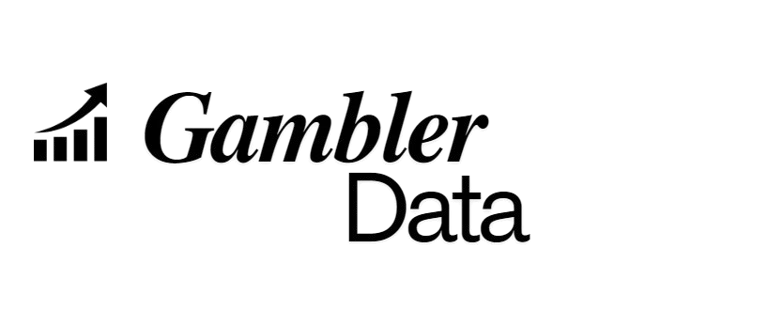Amid the chaos of social mia, it’s becoming clear how partial truths and blatant lies find fertile ground. I watch with concern as these distort “truths” gain acceptance, fueling hatr and reinforcing bias views. In this bleak landscape, where social mia misinformation has become rife, nuances fade, and online life becomes a dark, polariz landscape of black and white. How can we, as digital marketers, challenge this trend and preserve the richness of the shades of gray in an increasingly divid world rul by fake news?
Given this challenging landscape, there is an urgent ne to establish a code of ethics to guide our actions in the world of digital marketing, a field that often operates in a poorly regulat environment. This code of ethics should not only serve as a moral beacon in a sea of misinformation and polarization, but also as a firm commitment to truth, integrity, and inclusion in our online marketing practices and strategies. How can we adopt this code of digital ethics and work together to build a more transparent, equitable, and respectful online environment?
Disinformation and Digital Ethics: The Role of Marketing in the Current Era – Image Source: DALL·E 3
Disinformation and Digital Ethics: The Role of Marketing in the Current Era
In the current digital age, the mia landscape has undergone a significant transformation. Previously, news was primarily convey through traditional mia outlets, where the objectivity of independent journalists was especially valu, as they resist selling their stories to itorial or political interests. However, with the growing influence of social mia, influencers and micro-influencers have emerg as key players in the dissemination of information, perceiv as reliable sources by their followers.
